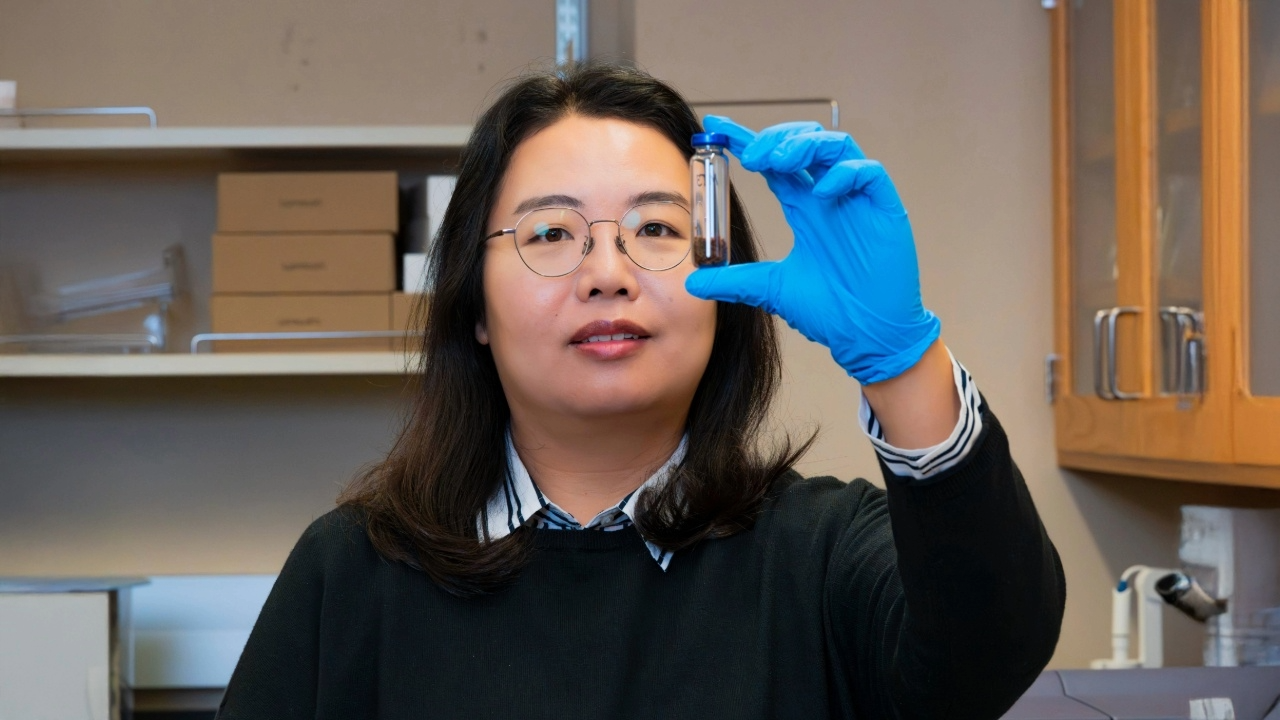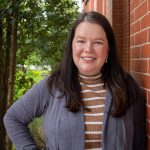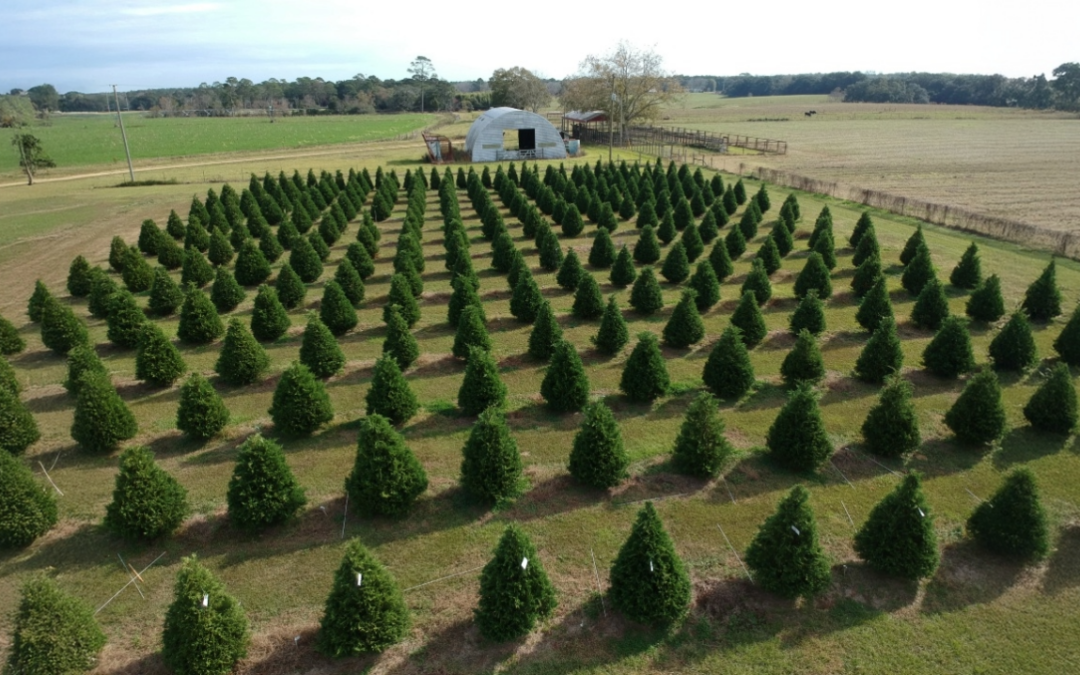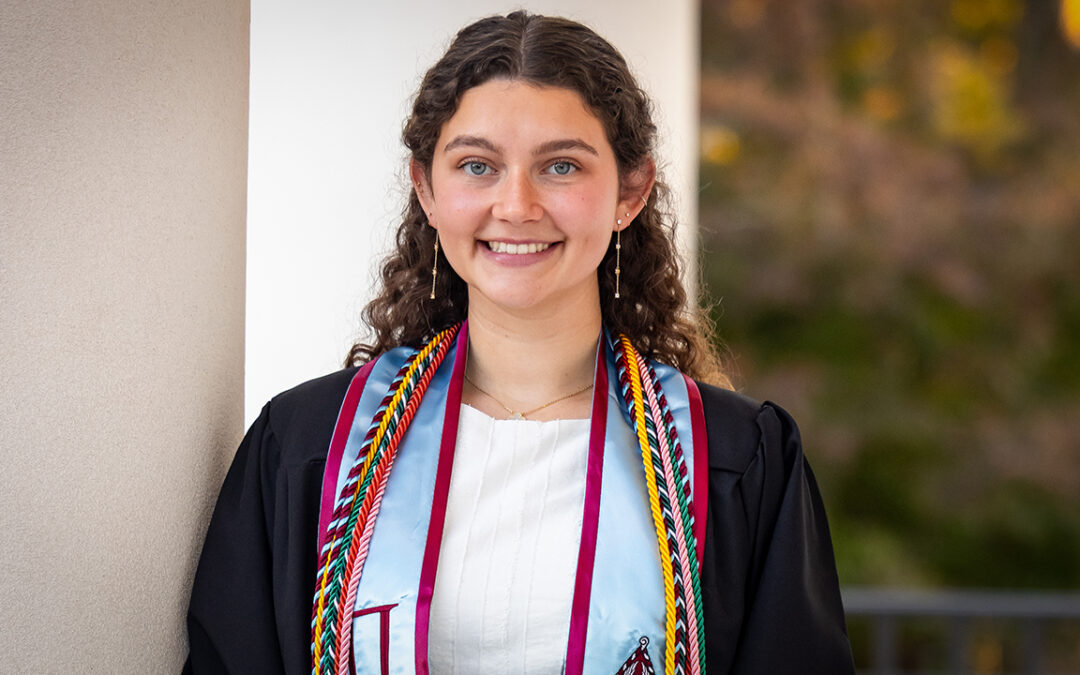Food scientist recognized for teaching excellence
In Assistant Professor Sungeun Cho’s classroom, food isn’t just something to taste — it’s a gateway to science, culture and innovation. Through courses like FDSC 1000, Introduction to Food Science, Cho helps students understand the physical, biological and chemical principles behind the food we eat every day.
The Department of Poultry Science faculty member is a 2025 recipient of the Provost Office’s Alumni Undergraduate Teaching Excellence Award, which recognizes the outstanding teaching of undergraduates from nominations made by department heads, deans, alumni and students. A committee of retired faculty selects the recipients.
Since joining Auburn in 2019, Cho has made a remarkable impact through her engaging and innovative instruction.
“Dr. Cho has demonstrated a genuine dedication to her students’ success,” said Govind Kannan, head of the Department of Poultry Science. “Her students consider her an invaluable resource for their professional growth.”
Cho is widely recognized for making complex scientific concepts accessible and relevant by connecting classroom learning to real-world applications, integrating current industry trends and incorporating emerging technologies — including artificial intelligence — into her teaching.
“I aim to engage students by focusing on topics that are most relevant in everyday life,” Cho said. “Drawing on my diverse experience working with a wide range of food and non-food companies and entrepreneurs over the last 13 years, I incorporate real-life situations into class topics. I believe this stimulates students’ interest, encourages them to become more engaged with the subject matter, and ultimately helps students understand topics well in my classes.”
Cho leads the Sensory Lab, which provides flavor analysis using a variety of tools including consumer evaluation, consumer research, and two particular instruments: an electronic tongue and an electronic nose.
Both from the company Alpha MOS, the Astree Electronic Tongue allows for objective taste characterization while avoiding possible health hazards to a panel of testers. The Heracles Electronic Nose, meanwhile, provides objective and reliable analysis of products’ aroma as well as chemical molecules composing their smell.
Cho’s sensory science and consumer research program focuses on contributing a deeper understanding of what factors influence sensory perception, eating behavior and purchasing behavior of consumers.
Her research interests include integrating sensory and consumer research to promote healthier eating behaviors; understanding sensory perception and eating behavior associated with internal and external factors; combining instruments like the electronic tongue and nose and sensory methods to measure food quality; and developing new and innovative products that promote a healthier life.
She has provided several undergraduate research opportunities through her lab in all of these areas.
“Working with undergraduate students in the lab is always a great joy for me,” she said. “Learning in the classroom and learning in the lab are very different experiences. Working in a lab as an undergraduate research assistant provides an invaluable opportunity for them to apply concepts, explore real-world challenges, and connect the dots between theory and practice. By working alongside graduate students and research personnel, the students also develop important soft skills such as communication, problem-solving and creative thinking.”
Cho challenges her students — in the lab and in the classroom — to engage in research and publish their findings, with several class projects resulting in peer-reviewed journal articles.
Kannan said Cho demonstrates “a genuine dedication to her students’ success.” She serves as advisor to the Food Science Club, mentoring undergraduate and graduate researchers, and fostering career development through hands-on training and professional guidance.
“Her investment in her students extends beyond the classroom,” he said. “She takes the time to establish meaningful connections with each student, serving as a mentor and guiding them toward achieving their goals.”
Before joining the Auburn faculty, Cho directed the Sensory Lab at Michigan State University and worked at the University of Arkansas Sensory Service Center. She earned her Bachelor of Science in food science and technology from Chungbuk National University in South Korea and her Master of Science in food science and technology and a doctorate in horticulture, both from the University of Georgia.
For Cho, the Alumni Undergraduate Teaching Excellence Award is a reminder of her commitment to engaging and mentoring students for success both in the classroom and in their future careers.
“What I enjoy most about my job is witnessing my students’ growth and success,” she said. “Seeing students grow in the classroom, perform well during internships and ultimately succeed in their chosen careers is deeply rewarding.”





